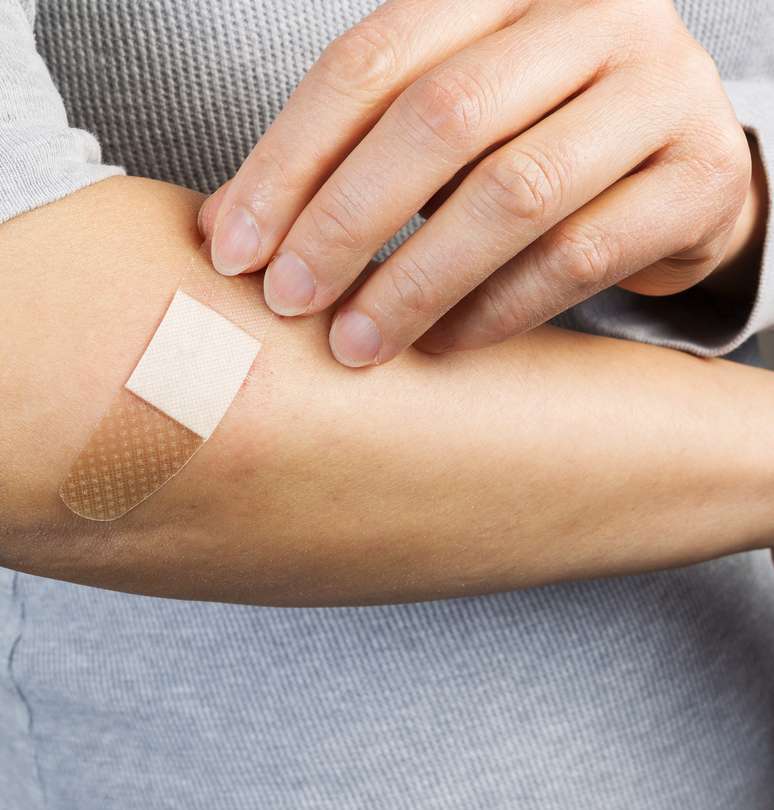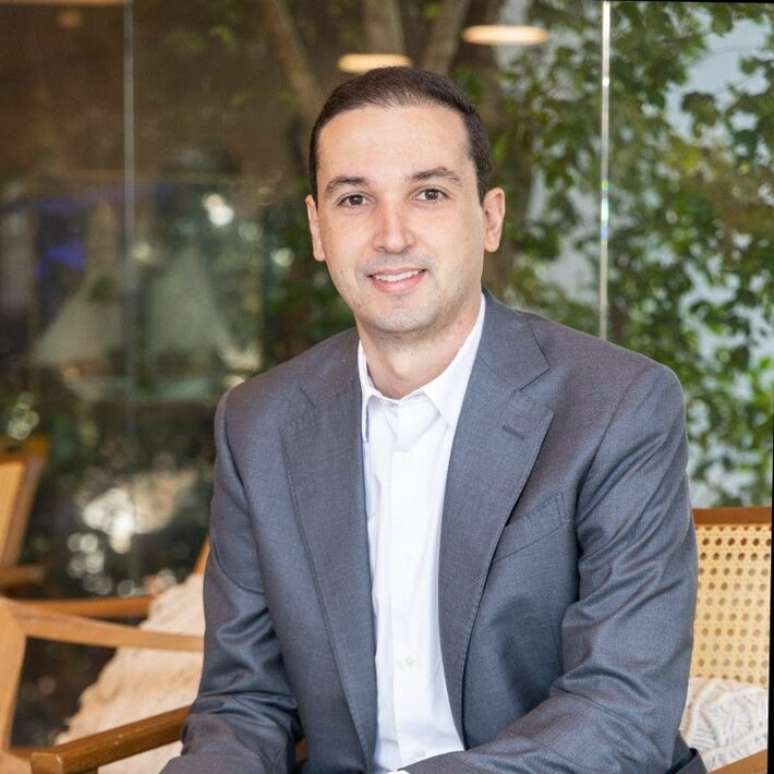Pay attention to the signs of “basal cell carcinoma”; Skin cancers are the most common cancer groups diagnosed worldwide.
Summary
The WHO reveals that skin cancers are the most frequently diagnosed in the world. In Brazil they represent 31.3% of cases and basal cell carcinoma is the most common. The most common malignancy is seen in areas most exposed to the sun, with symptoms such as wounds that bleed and don’t heal and reddish patches that peel.
According to the World Health Organization (WHO), skin cancers are the most common group of cancers diagnosed worldwide. In Brazil, the most common malignant tumor is non-melanoma skin cancer: according to the National Cancer Institute (INCA), it represents approximately 31.3% of all cancer cases in the country. At the same time, it is one of the most treatable types of cancer and has one of the lowest mortality rates if treated early.
There are two main types of tumors related to nonmelanoma skin cancer: squamous cell carcinoma and, the most common, basal cell carcinoma. Non-melanoma cancer is more common in areas exposed to the most sun, such as the face, neck, ears, and limbs, such as arms and legs.
Symptoms
One of the main symptoms of non-melanoma cancer is sores on the skin that do not heal and continue to bleed. Additionally, itchy, burning, and peeling patches on the skin can also be signs of developing skin cancer.
Inca recommends seeing a dermatologist immediately if any of these symptoms appear and the wounds do not heal within a four-week period. The treatment indicated for cases of basal cell carcinoma is generally surgical, but it is also possible to combine the measure with radiotherapy.

Kate Middleton: from ‘disappearance’ to cancer announcement
Incidence
One of the main factors contributing to the development of tumors related to skin cancer is exposure to sunlight, especially in childhood and adolescence.
According to Inca, people over the age of 40, with fair skin, sensitive to sunlight, with a personal or family history of this cancer or with skin diseases, are the most affected by skin cancer. At the same time, skin cancer is rarer in children and people with darker skin.
How to prevent
There are several ways to prevent skin cancer and the development of basal cell carcinoma. Inca recommends avoiding sunlight between 10am and 4pm and giving priority to shady places. Furthermore, it is important to wear appropriate clothing and use sunscreen with at least factor 15.
Source: Terra
Ben Stock is a lifestyle journalist and author at Gossipify. He writes about topics such as health, wellness, travel, food and home decor. He provides practical advice and inspiration to improve well-being, keeps readers up to date with latest lifestyle news and trends, known for his engaging writing style, in-depth analysis and unique perspectives.









